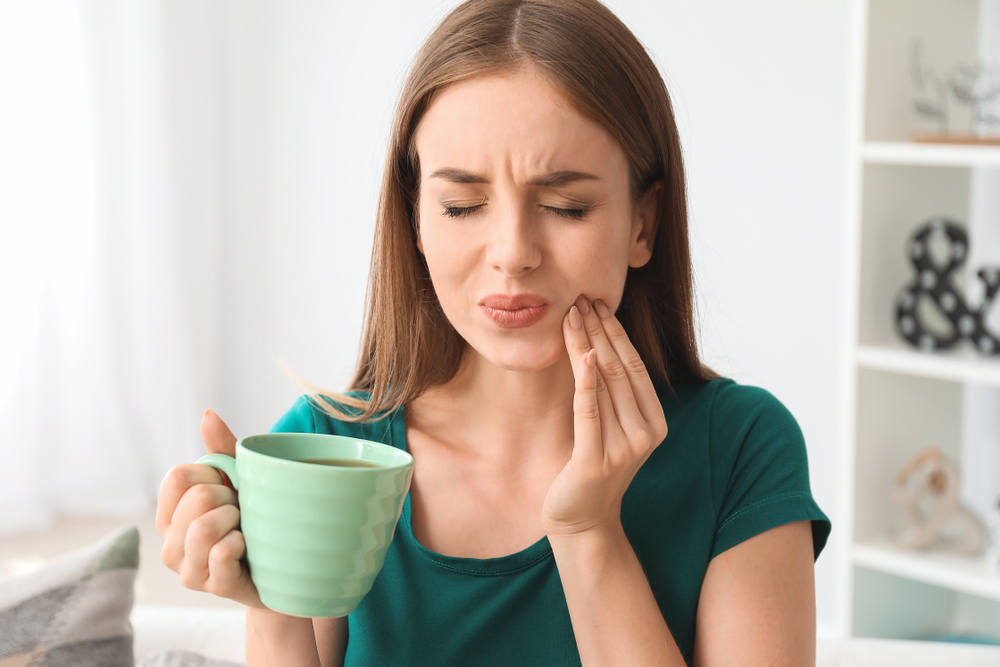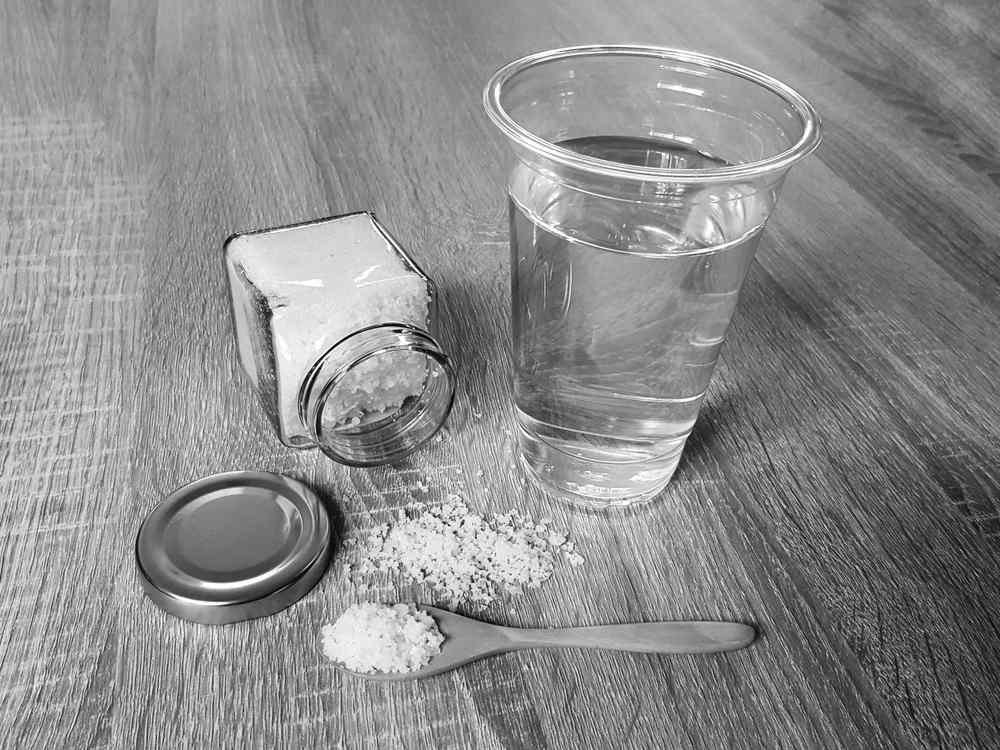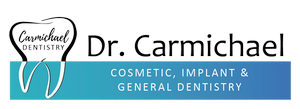6 Tips for Dealing with Sensitive Teeth

Do you often find yourself squinting from painful sensations in your teeth from everyday activities such as drinking, eating, and brushing? If so, it’s likely you’re looking for a way to treat it. Fortunately, there are a number of ways you can treat this issue! That’s why in today’s blog, we will be going over 6 tips for dealing with sensitive teeth and how you can have an overall healthier smile!
1. Use Toothpaste for Sensitive Teeth
Using toothpaste for sensitive teeth is a smart decision since it’s designed to treat tooth sensitivity and help relieve tooth pain. The majority of these toothpastes have an element that temporarily fills the tiny holes in your enamel and dentin. This helps reduce the amount of exposure your teeth’s sensitive nerves receive.
2. Use Soft Toothbrush
An easy way to get relief for tooth sensitivity is by simply changing your toothbrush. If you have a toothbrush with stiff bristles, you will only be making your condition worse. Stiff bristles and abrasive toothbrushes can be hard on your enamel, leading to more microscopic holes and eventually more sensitivity. They are also more likely to cause gum recession, which leads to more dentin and sensitive nerve exposure. By using a soft-bristled toothbrush and brushing gently, you’re better preserving the surface of your teeth and the integrity of your gums.
3. Use a Mouthguard at Night
It’s quite common to get sensitive teeth by grinding your teeth at night. If you often wake up with pain in your jaws or teeth, it may be due to this issue. This is called bruxism. This can be resolved by simply putting on a night guard at night. Your dentist can take a molding of your teeth and make a custom mouth guard for you to wear at night. This will protect your teeth against pressure and prevent your teeth from getting any damage that can take place at night.
4. Have Your Gums Checked by Your Dentist
Gum disease or receding gums can be a major cause of tooth sensitivity. As the gum tissue starts to move away from your tooth’s surface, the parts of your teeth that have no enamel (below the gumline) will become exposed. This leaves your nerves unprotected, thus causing discomfort. Have your dentist examine your gums to ensure you don’t have gum disease. If so, you’ll need to get it repeated right away. Healthy gums will protect your teeth from sensitivity!
5. Make a Saltwater Mouthwash
Making a mouthwash from water and salt can quickly reduce your tooth sensitivity. This is because saltwater balances the pH level inside your mouth by creating an alkaline environment that reduces bacterial growth. It also will help reduce plaque in the process! This rinse can easily be made by simply mixing two teaspoons of salt in a warm cup of water. This rinse should be used in the morning and at night until your tooth sensitivity improves.

6. Avoid Problematic Foods and Beverages
There are many foods that can contribute to tooth sensitivity, so in order to reduce your sensitivity, reducing—if not eliminating— them from your diet may be of your best interest. Acidic foods and drinks such as coffee will only make your teeth worse! Foods and beverages you should avoid include the following:
- Sodas
- Lemon
- Citrus fruits
- Pickles
- Ice cream
- Alcoholic beverages
- Candies
- Juice
You don’t have to learn to live with sensitive teeth. With these 6 tips for dealing with sensitive teeth, you’ll be able to enjoy hot and cold foods/drinks without pain like before! We hope this blog helps you see what strategies you should follow to eliminate your tooth sensitivity. If you have sensitive teeth, Carmichael Dentistry can help! We’ll provide you with more specific remedies for your exact condition! Give us a call at (858) 484-2560 or click here to schedule an appointment.




